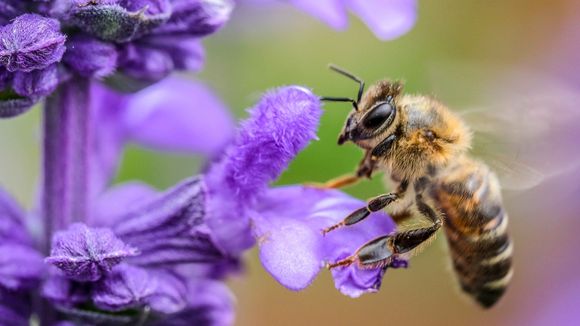Causes, Symptoms, and Risk Factors of Multiple Sclerosis
Multiple sclerosis is an autoimmune disorder that occurs when the immune system mistakenly attacks the protective covering of nerve fibers, called myelin. As the myelin gets damaged, the transmission of signals between the brain and body slows down, leading to a range of symptoms. Some common symptoms of MS include fatigue, muscle weakness, vision problems, balance issues, and memory difficulties.
The exact cause of MS remains unknown, but researchers believe a combination of genetic and environmental factors contribute to the disease. Risk factors include age (most commonly diagnosed between 20 and 50 years old), gender (women are more likely to develop MS), family history, and certain infections.
The Role of Bee Venom in Multiple Sclerosis Clinical Trials
Scientific research has been delving into the potential benefits of bee venom in treating MS. One such study conducted by researchers at the University of California, Riverside, demonstrated the potential of melittin, a component of bee venom, to suppress the immune system's overreaction, thereby reducing inflammation and protecting nerve cells.
Another study published in the journal "Nature" found that a specific protein in bee venom, called apamin, could help promote the repair of myelin in laboratory mice with MS-like symptoms. This groundbreaking discovery suggests that apamin could potentially be a future treatment for MS patients.
Despite these promising results, it's essential to note that these studies are still in the early stages, and more extensive clinical trials are necessary to confirm bee venom's efficacy and safety in treating MS.

Photo by Jana Ohajdova on Unsplash
Recipe Ideas
Although bee venom is not a typical ingredient in recipes, honey, a product made by bees, has a myriad of health benefits and can be incorporated into various dishes. Some easy-to-make options include drizzling honey over yogurt, oatmeal, or toast with almond butter. You can also try using honey in salad dressings, marinades, and desserts.
A Brief Note on Allergies and Medical Advice
Before trying any new treatment, it is crucial to consult a healthcare professional, especially if you have a history of allergies or bee sting reactions.
Questions and Answers
Q: Are bee venom and honey the same thing?
A: No, bee venom is a toxin produced by bees for self-defense, while honey is a sweet food produced from the nectar of flowers.
Q: How is bee venom collected without harming the bees?
A: Bee venom can be collected using a non-lethal method, such as a venom collector, which uses a gentle electric current to stimulate bees to release venom without harming them.
Q: Are there any side effects to bee venom therapy?
A: Some individuals may experience side effects such as swelling, redness, and pain at the site of the treatment. In some cases, serious allergic reactions can occur, which is why it is crucial to consult a healthcare professional before trying any new treatment, especially if you have a history of allergies or bee sting reactions.
Q: Can bee venom therapy be used alongside other treatments for MS?
A: It is essential to discuss any potential treatments, including bee venom therapy, with your healthcare provider to ensure the safe and effective management of your MS symptoms.
Q: How long will it take for bee venom to be approved as a treatment for MS?
A: The approval process for any new treatment depends on the success of clinical trials and the regulatory steps involved. As bee venom research is still in its early stages, it may take several years before it becomes an approved treatment option for MS patients.









